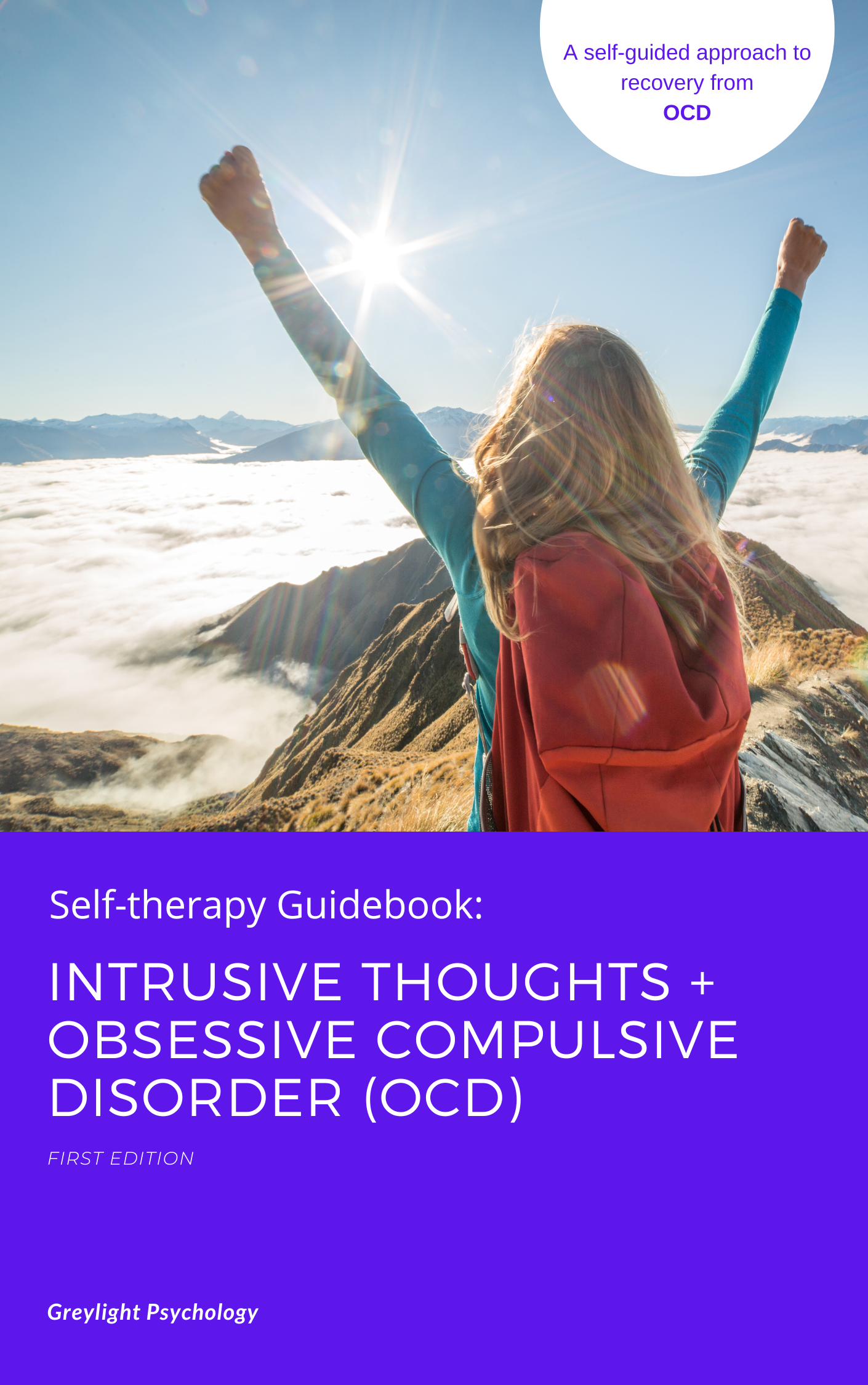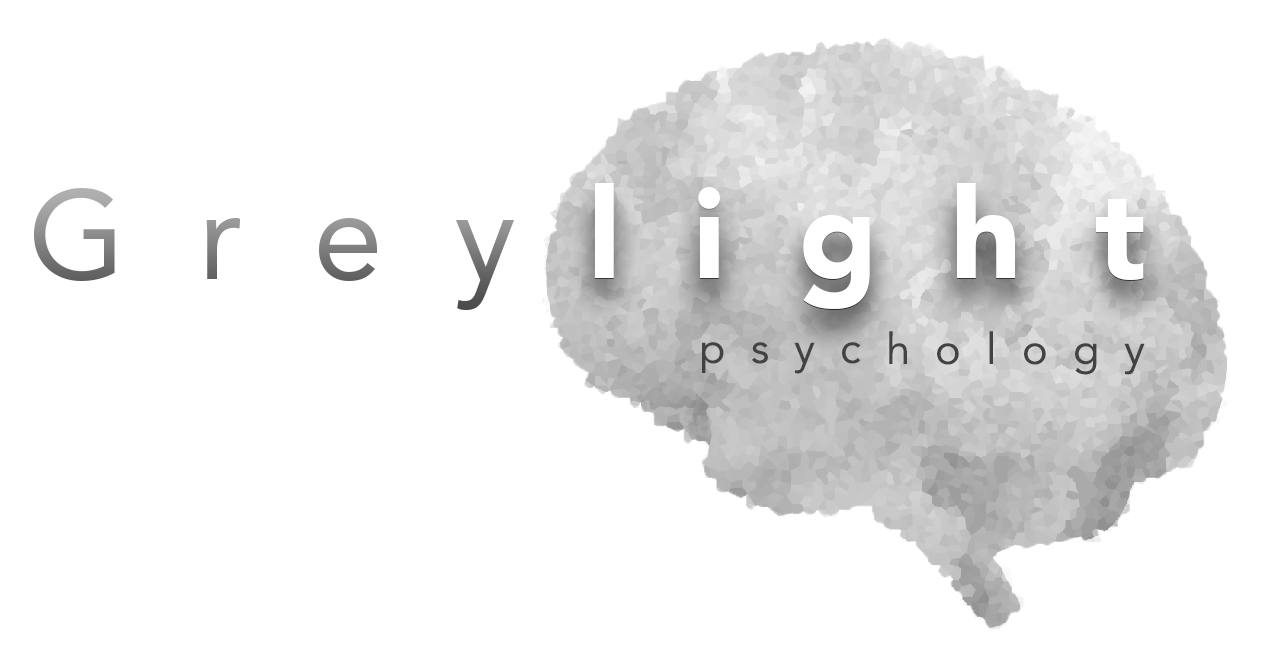 Image 1 of 1
Image 1 of 1


Self-Therapy Guidebook for OCD and Intrusive Thoughts
A practical, science-based roadmap for reclaiming your mind—on your terms.
This self-guided therapy workbook is designed for individuals living with Obsessive-Compulsive Disorder (OCD) and intrusive thoughts—especially those ready to take charge of their recovery. Grounded in clinical best practices and written by a psychologist, this guidebook simulates a structured course of therapy using evidence-based approaches like Acceptance and Commitment Therapy (ACT) and Exposure and Response Prevention (ERP).
Whether you’re experiencing classic compulsions or lesser-known Pure-O presentations, you’ll find psychoeducation, actionable tools, and reflection exercises to help break the OCD cycle. With a compassionate tone and a no-nonsense structure, this guide is ideal for those who feel confident enough to start applying strategies independently—or for those waiting for therapy who want to begin making meaningful progress now.
Note: This guidebook is not a replacement for professional therapy, but a powerful adjunct or entry point for self-directed healing.
Inside, you’ll learn about:
The cognitive, biological, and psychological underpinnings of OCD
Pure-O, Harm-OCD, ROCD, SO-OCD, Scrupulosity, and other subtypes
The truth behind the ‘chemical imbalance’ theory and the role of neurotransmitters like serotonin, dopamine, and glutamate
Nutritional and genetic factors (e.g., B-vitamins, MTHFR polymorphisms)
How to break the OCD cycle using ACT principles like defusion, presence vs. premise, and values-based action
How to build distress tolerance and ride the “camel hump” of anxiety
Exposure and Response Prevention (ERP) strategies including imaginal and in-vivo exposures
Compulsion tracking and reduction tools like the “compulsion token” method
Guided self-reflection and values-mapping exercises to restore meaning and momentum in your life
A practical, science-based roadmap for reclaiming your mind—on your terms.
This self-guided therapy workbook is designed for individuals living with Obsessive-Compulsive Disorder (OCD) and intrusive thoughts—especially those ready to take charge of their recovery. Grounded in clinical best practices and written by a psychologist, this guidebook simulates a structured course of therapy using evidence-based approaches like Acceptance and Commitment Therapy (ACT) and Exposure and Response Prevention (ERP).
Whether you’re experiencing classic compulsions or lesser-known Pure-O presentations, you’ll find psychoeducation, actionable tools, and reflection exercises to help break the OCD cycle. With a compassionate tone and a no-nonsense structure, this guide is ideal for those who feel confident enough to start applying strategies independently—or for those waiting for therapy who want to begin making meaningful progress now.
Note: This guidebook is not a replacement for professional therapy, but a powerful adjunct or entry point for self-directed healing.
Inside, you’ll learn about:
The cognitive, biological, and psychological underpinnings of OCD
Pure-O, Harm-OCD, ROCD, SO-OCD, Scrupulosity, and other subtypes
The truth behind the ‘chemical imbalance’ theory and the role of neurotransmitters like serotonin, dopamine, and glutamate
Nutritional and genetic factors (e.g., B-vitamins, MTHFR polymorphisms)
How to break the OCD cycle using ACT principles like defusion, presence vs. premise, and values-based action
How to build distress tolerance and ride the “camel hump” of anxiety
Exposure and Response Prevention (ERP) strategies including imaginal and in-vivo exposures
Compulsion tracking and reduction tools like the “compulsion token” method
Guided self-reflection and values-mapping exercises to restore meaning and momentum in your life
